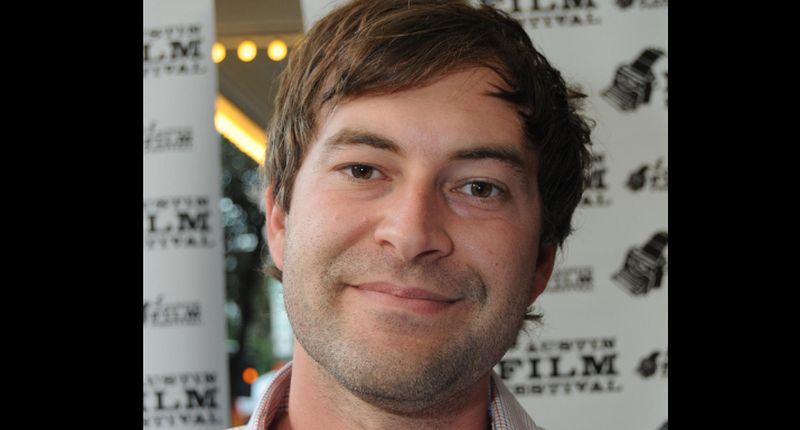Actor Mark Duplass received online blowback for tweeting that conservative commentator and Daily Wire editor Ben Shapiro is a “genuine person” with good intentions.
He deleted the tweet and issued an apology.


Actor Mark Duplass received online blowback for tweeting that conservative commentator and Daily Wire editor Ben Shapiro is a “genuine person” with good intentions.
He deleted the tweet and issued an apology.